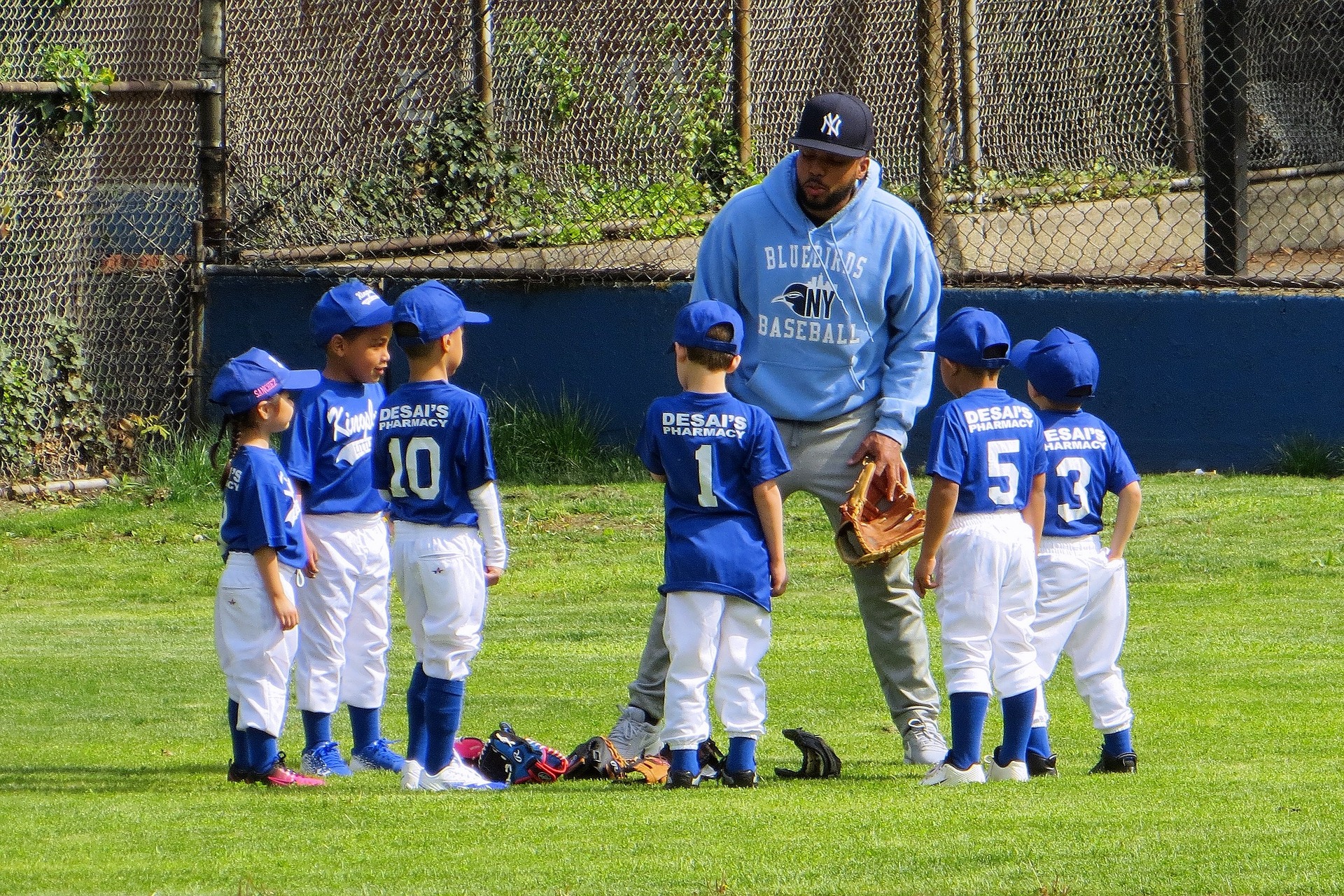Sports participation can be a great way to instill important life skills in children. Through sports, kids can learn the value of teamwork, perseverance, discipline, and problem-solving—all invaluable qualities that are essential for success. Coaching and mentoring can further help children to learn how to communicate effectively with teammates and opponents.
With the right guidance and support, sports can be a great platform for teaching life skills.
The Benefits of Sports Participation
Sports participation can be highly beneficial for children in many ways. Participating in sports encourages physical activity and exercise, which is essential for a healthy lifestyle. It also fosters social skills such as communication, cooperation, and collaboration—all important qualities that are useful throughout life. Additionally, sports can help to build confidence and self-esteem. The sense of accomplishment that comes from achieving a goal or mastering a skill can have a positive impact on children’s morale.
Moreover, sports can teach children important life lessons such as discipline, perseverance, and hard work. Through practice and competition, children learn how to cope with the challenges of working together towards a common goal. This in turn instills values of good sportsmanship which will serve them well in all aspects of their lives.
Finally, sports participation can provide a great sense of community and camaraderie. It gives children the opportunity to make friends with teammates and opponents alike, and learn the importance of cooperating with others. In a safe and supportive environment, children can have fun while developing valuable skills that will benefit them for years to come.
Teaching Life Skills Through Coaching & Mentoring
Coaching and mentoring are essential tools in teaching life skills through sports. By providing a supportive and encouraging environment, young athletes can develop their leadership, communication, and decision-making abilities. Coaches or mentors help children learn how to work together as a team and appreciate the importance of collaboration for success. They also instill perseverance by emphasizing that mistakes are valuable learning experiences. Through positive reinforcement, coaches provide guidance on setting goals and working hard to achieve them. In addition, mentors will help children recognize the value of discipline and offer strategies for self-control when facing challenging situations. Finally, problem solving is an important skill that can be developed through coaching and mentoring; they provide invaluable guidance on how to identify an issue and brainstorm creative solutions.
In short, coaches and mentors have an important role to play in teaching life skills through sports.
Encouraging Positive Attitudes & Behaviors
Sports participation is an invaluable way for children to develop a positive attitude and foster healthy behaviors. Being part of a team teaches children the importance of working together, respecting one another, and striving for excellence. Through sports, children learn how to handle both victory and defeat with grace and humility. Coaches can be instrumental in teaching kids valuable lessons about fair play, collaboration, respect for others, consequences for their actions, and positive self-talk. By providing encouragement and support when needed, coaches have the power to boost confidence levels in children and help them believe in themselves even during difficult times. Encouraging healthy attitudes and behavior through sports can give children the skills they need to succeed in life outside of the game.
As important as it is to learn healthy attitudes and behaviors, it is equally important to encourage children to practice their newly learned skills. Being part of a team gives kids the opportunity to put into action the lessons they’ve been taught. Through consistent effort and determination, they will gain valuable knowledge while also having fun playing with friends. With every obstacle they overcome, their confidence and self-esteem will grow. Ultimately, sports can be a great way for children to build positive attitudes and behaviors that will last them a lifetime.
Sports participation is an excellent way to teach life skills in a safe and supportive environment. It encourages collaboration, perseverance, discipline, problem solving and communication. Through coaching and mentoring, children can learn to work together as a team while also developing leadership skills. Finally, playing sports helps instill positive attitudes and behaviors that can be beneficial in the future. Ultimately, sports provide an invaluable platform for children to learn and grow both on and off the field.


Leave feedback about this